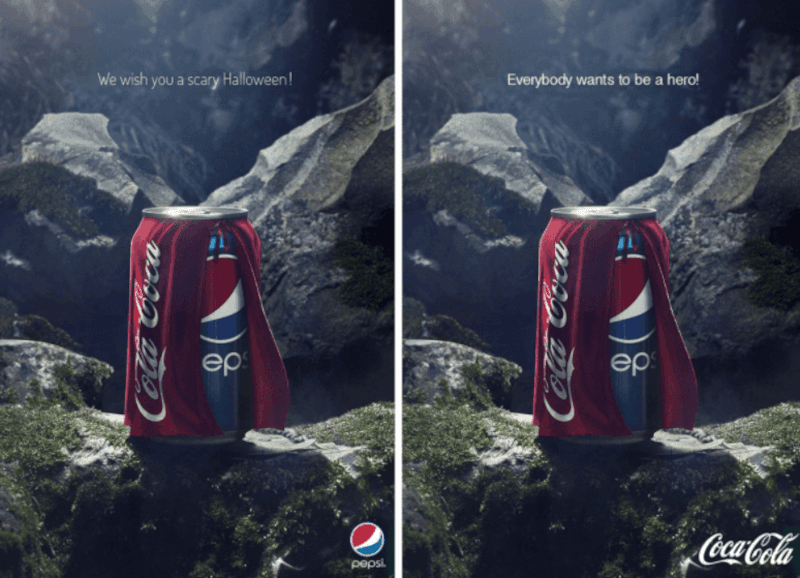
Dear Friends,
One of the remarkable things that the human mind is capable of doing is having the ability to “ingest” information and run with it. By looking at an image, the mind can create a construct to learn more about that image. Our minds can also take that image and create a narrative that is so real that it can have a powerful impact on the way we think. Unfortunately, this is something that media companies often employ to “educate” or influence our children and us. Often referred to as Subliminal advertising like “Drink Coca-Cola,” the Coca-Cola vs Pepsi Halloween ad is a classic example of media manipulation.
Perhaps the most famous of all—and certainly one of the most controversial—is a commercial produced for President Lyndon B. Johnson’s 1964 campaign, known as the “Daisy” ad, which aired just once.
In this week’s Parsha, we read about two seemingly unrelated scenarios, the Parsha of the Sotah – the unfaithful woman and the Parsha of the Nazir – the Nazarite. The Talmud, Sotah 2a, quoted by Rashi, comments on the juxtaposition between the Sotah and the Nazir:
לומר לך שכל הרואה סוטה בקלקולה יזיר עצמו מן היין.
To tell you that anyone who sees the Sotah in her disgrace (as she undergoes the rite of the bitter water) should renounce wine (like a nazir).
Many commentators question, what is it about seeing the Sotah proceeding that would negatively impact a person? All they saw was the process that led to her drinking the water at the Bet Hamikdash?
Rav Baruch Mordechai Ezrachi shlit” a, points out that Chachamim are teaching us to focus on the extent of the impact merely seeing the Sotah has on one who sees the proceeding. Psychologically, even being at the end of the proceeding is enough to plant the seeds of tumah – impure and destructive thoughts in one’s mind. The appropriate response isn’t to simply try to block out those thoughts. Instead, the response is to do something more extreme to increase one’s level of kedusha – holiness, such as taking on nezirut, taking proactive measures to seize control of the lesser temptations before it’s too late.
To take control of the constant barrage of messages thrown at us by the media, Google algorithms and marketing strategies, we first need to be aware of the impact these seemingly innocuous images and messages can have. The next step is to be prepared to take measures to increase kedusha, the holiness in our lives.
Shabbat Shalom,
Rabbi Shlomo Gabay